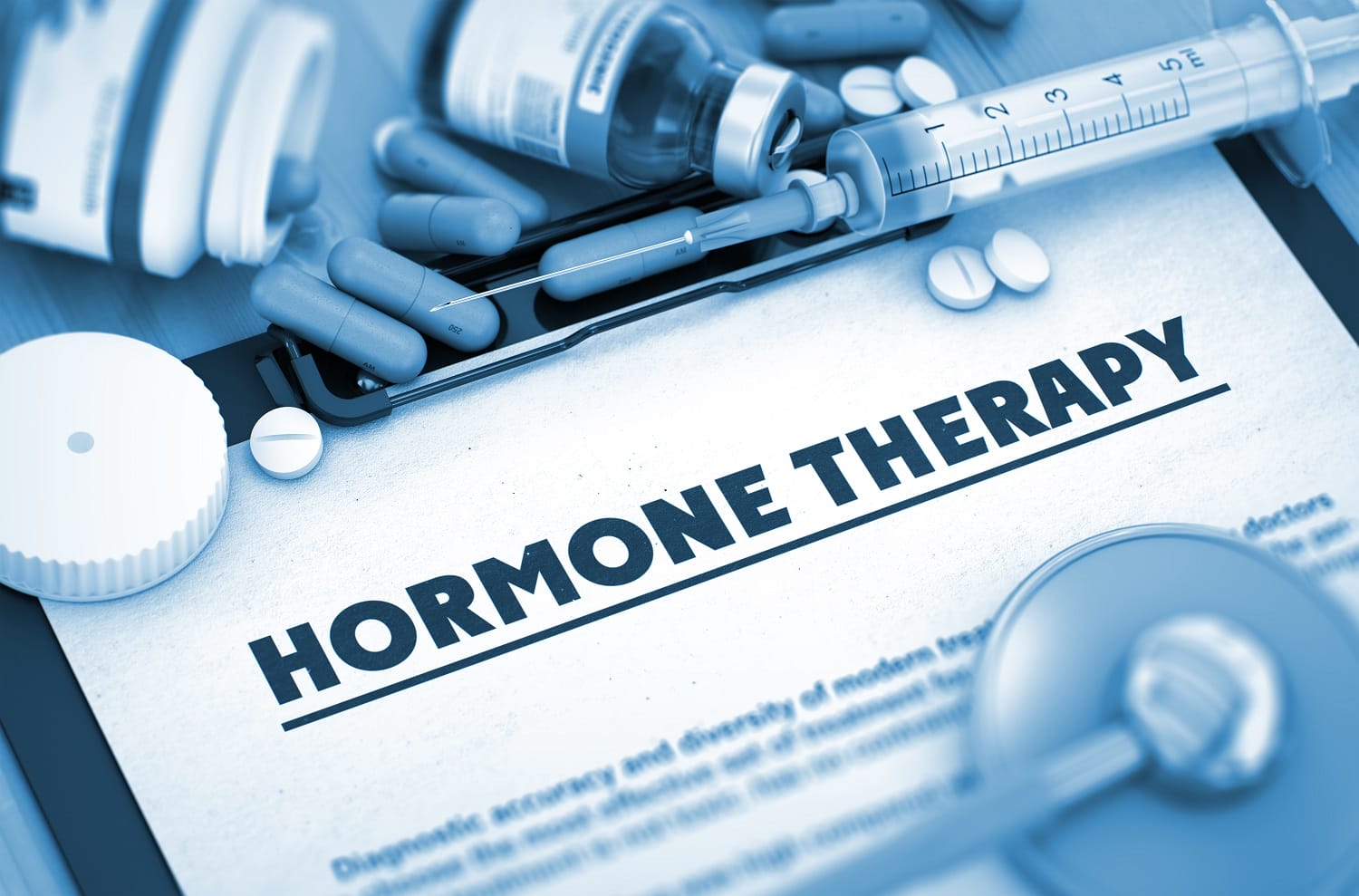Demystifying hormone therapy
What is hormone therapy, and how does it work?
Hormone therapy is a medical treatment whose goal is to restore physiological hormone levels in the body. Its most frequent use is to relieve the physical and psychological symptoms related to menopause and perimenopause.
The therapy of hormone substitution is used to restore the physiologic levels of hormones. For women whose quality of life is affected by hormonal changes, hormone therapy can be a beneficial solution. It is, however, essential to exclude other illnesses and conditions through medical consultation.
What types of hormones are used?
The hormones used in hormone therapy include estrogen, which can help with hot flashes; progesterone, essential for women who still have an uterus; and sometimes testosterone, which can help to stimulate the libido. There are different types of hormone therapy, such as estrogen in oral, topical (patch or gel), or vaginal formats, and progesterone in oral form or via a hormonal intrauterine device.
What are the secondary effects and contraindications?
It is important to note that hormone therapy can bring about secondary effects. These effects can be temporary or persistent, which explains the necessity of close medical follow-up for patients on hormone therapy. While the hormones used can be natural, or bio-identical, in origin, that does not mean that they are without risk. Some contraindications – such as previous cerebrovascular accident, infarct, breast cancer, pulmonary embolism, phlebitis, liver disease or neurological migraine – must be taken into account prior to beginning this treatment.
Conclusion
Better understanding of hormone therapy is essential, and several studies support its use. Nonetheless, many myths persist, whence the importance of demystifying this medical treatment through medical education. Hormone therapy can be a beneficial option for the relief of the symptoms related to menopause, but it is essential to proceed with an in-depth medical evaluation and to maintain regular medical followup to ensure its effectiveness and minimize the risks.
More from this author by clicking on her photo below


Dre Marie-Andrée Leblanc12 Posts
Propriétaire, Clinique LeBlanc + Savaria Mont-Tremblant. Dre LeBlanc, diplômée en sciences de la santé, a acquis son doctorat en médecine et s'est spécialisée en médecine familiale. Anciennement médecin à l’Hôpital Pierre-Le Gardeur, elle est devenue propriétaire de la Clinique médicale privée LeBlanc + Savaria en 2014, élargissant ses services avec l'ouverture de cliniques à Laval et à Mont-Tremblant en 2021. Mère de trois enfants actifs, passionnée de vélo, ski et surf, elle joue un rôle clé dans les affaires de la Rive-Nord de Montréa / Owner, Clinique LeBlanc + Savaria Mont-Tremblant. Dr. LeBlanc, a graduate in health sciences, obtained her MD and specialized in family medicine. Formerly a physician at Hôpital Pierre-Le Gardeur, she became the owner of the private medical clinic LeBlanc + Savaria in 2014, expanding her services with the opening of clinics in Laval and Mont-Tremblant in 2021. The mother of three active children and passionate about biking, skiing and surfing, she plays a key role in business on Montréal’s North Shore.








0 Comments